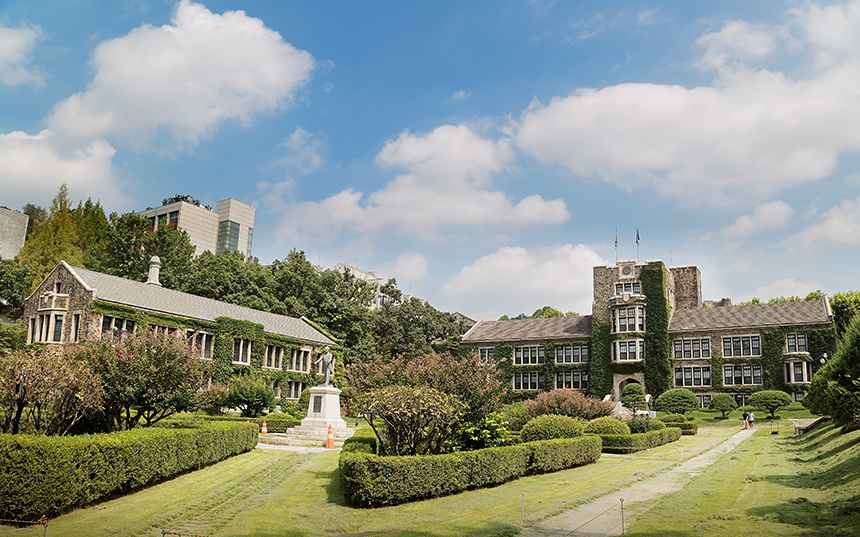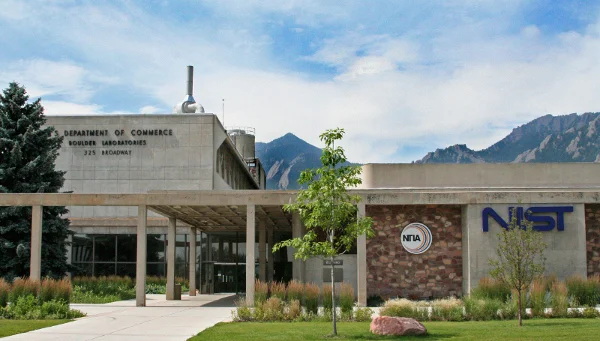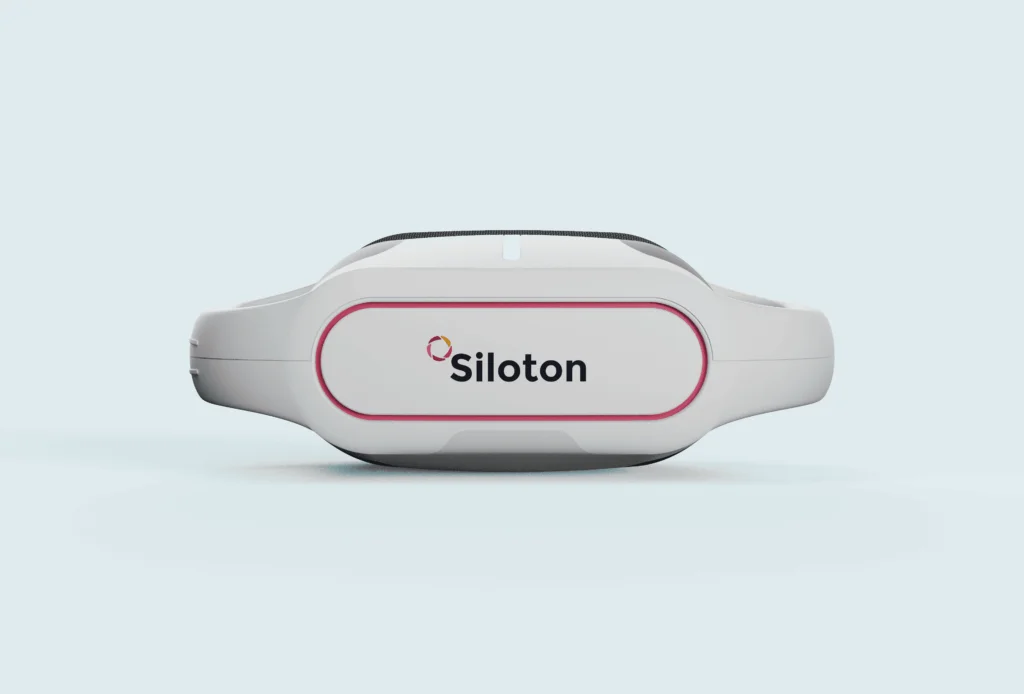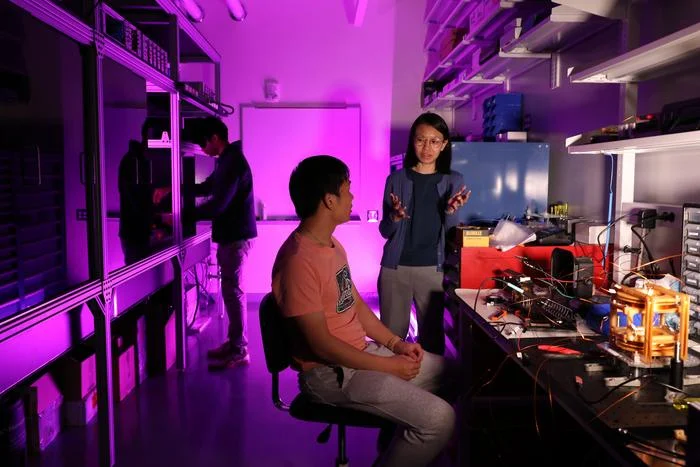Insider Brief:
- Yonsei University has established South Korea’s first Quantum Computing Center, featuring an IBM 127-qubit quantum processor, which will launch officially on November 20.
- This center will enable local researchers to access high-performance quantum computing resources without relying on foreign providers, thus reducing wait times and costs, and expanding the scope of domestic quantum research applications, particularly in biotechnology.
- With the construction of an 8,500-square-meter quantum research complex nearby, Yonsei University hopes to encourage industry-academia partnerships, providing companies direct access to quantum resources.
- Image credit: Underwood Hall at Yonsei University
PRESS RELEASE — Yonsei University, an institution of higher education located in Seoul, South Korea, has announced the establishment of Yonsei University’s Quantum Computing Center, featuring the nation’s first large-scale quantum processor. The device, an IBM quantum computer encased in a three-meter glass cube and maintained at near absolute zero (−273°C), was noted in the release as IBM’s most powerful system outside the United States, wiith 127 qubits. This facility is set to officially launch on November 20, providing a domestic platform for researchers to explore quantum technology’s capabilities for the first time on a high-performance machine, as highlighted by Yonsei University’s head of the quantum business division, Cheong Jae-ho: “This marks a milestone for South Korea as a quantum computing hub,” he said. “We will focus on collaboration with industry to foster talent in quantum technology.”
Expanding Quantum Research Capabilities in South Korea
As mentioned in the release, up until this point in time, South Korea has relied on experimental systems with significantly lower qubit counts, typically maxing out around 20 qubits. This limitation forced many institutions to depend on cloud-based quantum computing services from providers abroad, often incurring high costs and experiencing delays. The installation of a 127-qubit processor at Yonsei will provide local researchers immediate access to powerful quantum computing resources. Without barriers to access, including excessive wait times, researchers may be able to engage in more sophisticated quantum applications and expedite their research efforts domestically.
The center’s research ambitions extend beyond computing into biotech applications. Cheong speaks on how quantum computing’s ability to rapidly process complex data sets is particularly advantageous in drug discovery: ““Quantum computing can help predict drug structures and dramatically reduce the time to identify promising new drugs.” Through quantum algorithms, researchers could notably reduce the time required to predict viable drug structures, potentially cutting down the traditional 10- to 15-year development timeline by more than half. With the location’s proximity to leading biotech companies like Samsung Biologics and Celltrion in Songdo, Yonsei University is anticipating the potential to enter into synergistic collaborations within South Korea’s growing biotech sector.

Near the quantum computing center, Yonsei University is constructing an 8,500-square-meter quantum research complex for this purpose, designed to support industry-academia collaboration. Companies will soon be able to establish workspaces within this complex, providing them a space with direct access to quantum technology and joint project opportunities. Cheong emphasized that this space will allow corporate partners to present real-world problems for potential quantum solutions. “Companies will present the challenges they wish to solve, and researchers will collaborate with them to design solutions using quantum computing, ” Cheong notes. This model aligns with Yonsei’s broader vision of positioning itself as a quantum hub that both furthers scientific research as well as supports and nurtures quantum talent for the Korean workforce.
A New Page for Quantum Computing Accessibility in Korea
The demand for faster, more affordable quantum computing access in South Korea is answered through Yonsei University’s Quantum Computing Center. With a dedicated domestic quantum computer, Korean researchers and industry leaders will no longer face the delays and fees associated with foreign cloud-based systems. Additionally, local businesses will have the opportunity to work alongside local researchers to explore quantum computing as a potential solution to real-world problems as the technology continues to develop.














